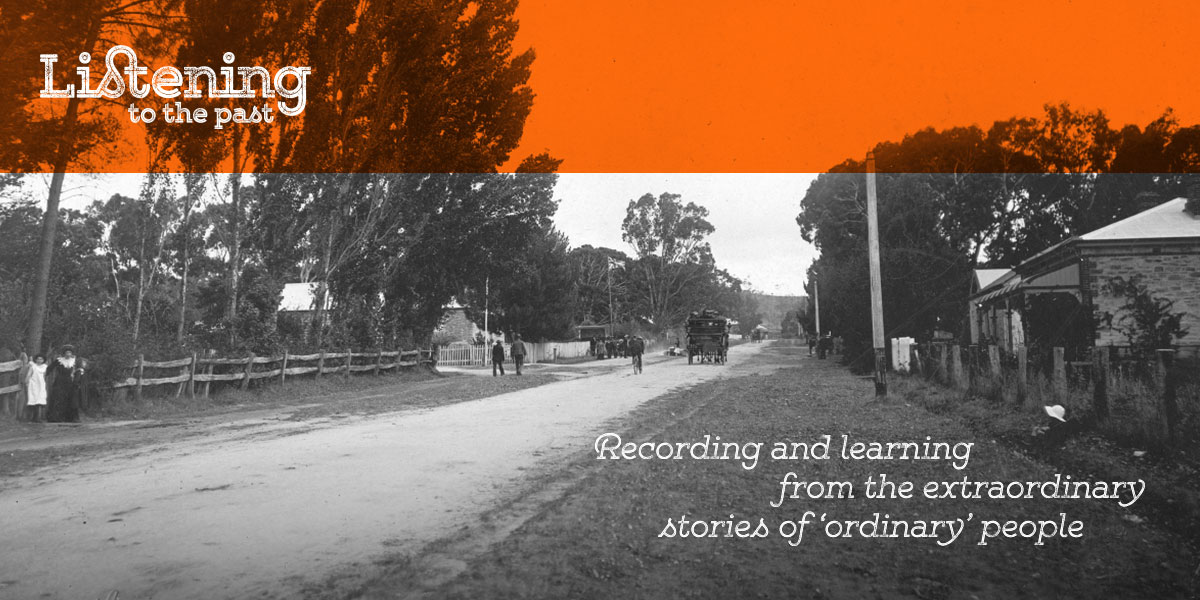These tips will help you undertake high quality oral history interviews that can be used in a range of settings and by others in future.
1. Prepare for your interview by researching the interview topic and doing a preliminary interview with the individual.
2. Check the interview location very carefully for ambient sounds. Our brains are very good at filtering out extraneous sound – digital recorders do not do this. Every bark of the dog, tick of the clock or squeak of the chair will end up on your recording. If the room is too noisy, consider changing the interview location.
3. Use high quality recording equipment that produces files of archival standard:
- uncompressed file format (e.g. WAV, AIFF). MP3 files are compressed, and not suitable.
- minimum bit depth of 24-bit
- sampling rate of at least 48 kHz
- capable of stereo recording with separate sensitivity controls and recording channels for each microphone input.
Sound files recorded using standard apps on mobile phones and tablets are not archival quality.
4. Make sure you are familiar with the recording equipment that you will be using, so that you can concentrate as much as possible on the interviewee.
5. Take an extension cord for your recorder. Power points are not always located in convenient positions!
6. Allow more time than you think you will need. As well as the time for the recorded interview, you need to allow time to set up and pack up, and possibly to share a cuppa with the interviewee as part of the wind-down process after the interview.
7. Remember that silence can be meaningful. Do not rush your next question if the interviewee is pausing to think, or perhaps discussing an emotional topic.
8. Remain silent whilst the interviewee is speaking. Rely on non-verbal communication, such as nodding, to encourage the interviewee.
9. Ask the interviewee to complete a conditions of use and copyright form, so that you are both clear on the allowed uses of the interview, and who has copyright. If you are not sure about this, attend an Oral History workshop to find out more information (such as the ones offered by Oral History Australia around Australia).
10. Have the interview transcribed, or at the minimum, make a timed summary so that it is easier to search in future.
11. Lodge your interview with a reputable institution such as your state library so that it will be stored in archival conditions, and is accessible to others.

1 thought on “Top tips for oral history interviews”